Review| Avengers: Infinity War
WARNING: Here be spoilers. I don’t mean light spoilers you can probably catch and still enjoy a first viewing of this movie. I mean real deal, totally will kill your experience, spoil-mageddon. Proceed at your own discretion.
Recently, I found myself sitting in a theatre watching a massive trek through the galaxy, in which the history and fate of time and space was on display. No, it wasn’t Avengers: Infinity War (more on that in a second). This was an exploration of the stars at my local planetarium, narrated by Luke Skywalker himself, Mark Hamill (franchise crossover review!). And the feeling I left the planetarium with was the same I felt after my first viewing of Infinity War.
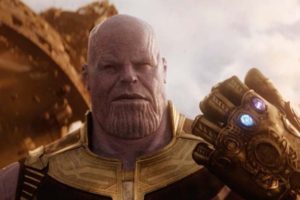 When you sit back and futilely try to wrap your brain around the enormity of the cosmos, you quickly start to realize how precious life is. Same goes for watching a big purple guy with a few screws loose try to capture some magical stones to wipe out half of that life with a snap of his fingers – who actually succeeds. I mean, it’s a super duper big galaxy out there. Is it really so fragile that it could be gone in a snap? The thought is sobering.
When you sit back and futilely try to wrap your brain around the enormity of the cosmos, you quickly start to realize how precious life is. Same goes for watching a big purple guy with a few screws loose try to capture some magical stones to wipe out half of that life with a snap of his fingers – who actually succeeds. I mean, it’s a super duper big galaxy out there. Is it really so fragile that it could be gone in a snap? The thought is sobering.
In a culmination of 10 years of storytelling, Marvel gives us a story that definitively puts this delicate life in the balance. Yes, that’s a Thanos pun. We spend a fantastically entertaining two and a half hours watching our heroes defend the universe, only for the villain’s plan to succeed in reducing its population by 50%. He calls this “salvation,” but really, it’s not so romantic as than that. Thanos is just a mathematician trying to perfect a theoretical formula. And he’s got the mind (and soul, and time, and reality, etc.) to make it happen. What then, do our heroes have?
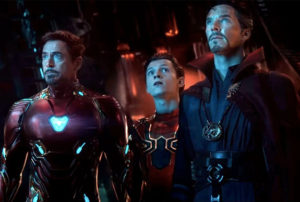 As it turns out, they face their own mathematical improbability: a 1 in 14,000,605 chance of defeating Thanos. Whew! That’s dire. But as we should understand from our daily spinning around space on a tiny blue rock, anything is possible. That’s what heroes fight for. Not for certainty, but for possibility. A little thing called hope. This is why, despite the film ending with many of our heroes blowing away as dust in the wind, I found it to be incredibly life affirming.
As it turns out, they face their own mathematical improbability: a 1 in 14,000,605 chance of defeating Thanos. Whew! That’s dire. But as we should understand from our daily spinning around space on a tiny blue rock, anything is possible. That’s what heroes fight for. Not for certainty, but for possibility. A little thing called hope. This is why, despite the film ending with many of our heroes blowing away as dust in the wind, I found it to be incredibly life affirming.
The protagonist of this entry is Thanos. His character arc is the most complete as we learn his motivation, inner conflict, backstory, and it resolves at the end. He is not, however, the protagonist of the greater two parts. That would be our Avengers, who, as you may have noticed, have now been reduced to the OG crew from the 2012 film. The resolution that has been set up is for Tony and Rogers to finally make real amends, get the band back together, and go kick some serious purple people patoot. If this happens, it will require a high cost for our crew, perhaps even their lives.
To sacrifice one’s self for the infinitesimal, for the tiniest sliver of life amidst an enormous galaxy and against a formidable villain with a nearly indestructible plan takes some serious faith. That’s a magnificent picture of what the gospel calls us to. Because unlike Thanos, the gospel revels in the imperfect. It invites imbalance and values all life, no matter how small it may seem. I think of Christ, the Great Shepherd, leaving the ninety-nine for the one. The contrast between our heroes and villain is that of the value of life. Balance versus imperfection. Taking life versus giving it.
It’s been said in many interviews that Part Two will bring the closing of a book- the first ten years of the MCU. I think we’ve got the right pieces in place for a proper ending. Tony Stark began this journey, and if Dr. Strange is right, he’s the key to end it. A man who once valued only his own life must put his life on the line for all. And there’s Captain Rogers, who led us for so long through these adventures and is now a man without a country. He must once again find his way to answer the call. The balance that this huge universe may have found must be undone. And all by the actions of a few against unbelievable odds.
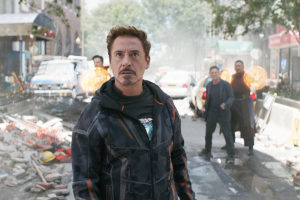 But right now we’re left with the darkest outlook one can imagine. Thanos was right, the heroes lost, and destiny came all the same. This actually doesn’t bode well for the purple people eater, because destiny may still be coming to end his reign. What goes around comes around. And how will it come to pass? Faith. The Avengers face a grim reality. The only way around is to believe that it can be done. Which is what this entire ten-year journey has been about. Just as Agent Coleson’s death in the first Avengers inspired them to come together and act, this event must bring earth’s mightiest heroes to its defense again.
But right now we’re left with the darkest outlook one can imagine. Thanos was right, the heroes lost, and destiny came all the same. This actually doesn’t bode well for the purple people eater, because destiny may still be coming to end his reign. What goes around comes around. And how will it come to pass? Faith. The Avengers face a grim reality. The only way around is to believe that it can be done. Which is what this entire ten-year journey has been about. Just as Agent Coleson’s death in the first Avengers inspired them to come together and act, this event must bring earth’s mightiest heroes to its defense again.
We live on a small piece of a small planet of an absolutely gargantuan universe (I’ve run out of synonyms for “huge.”) But we matter. Every single life matters to the point that balance is actually its own form of imperfection. I believe that’s one point this movie makes, though it might not drive it home. I may have left the planetarium with a sobering feeling of how small I am, but I gained a greater understanding of the beauty of creation. And I know that if even one person sees this, values it, and has the faith of a mustard seed that it can survive, no amount of power in the universe can stop it.


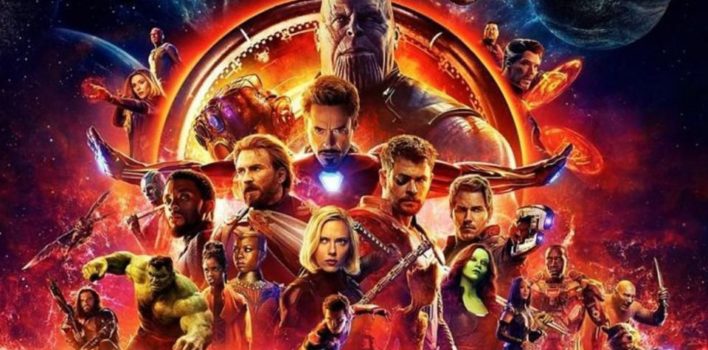

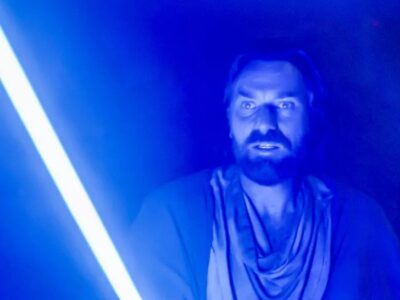
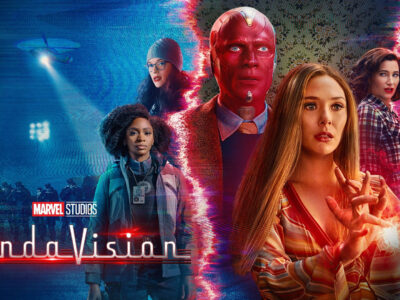
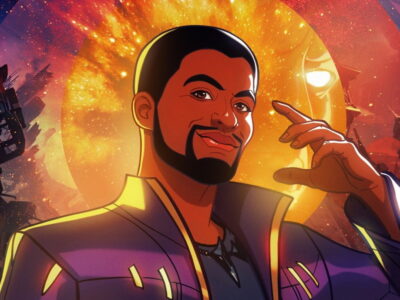


Pingback: #170 – Infinity War and Unlikely Protagonists | Reel World Theology
Pingback: Heroes, Villains, and the Past: Avengers: Infinity War | Redeeming Culture